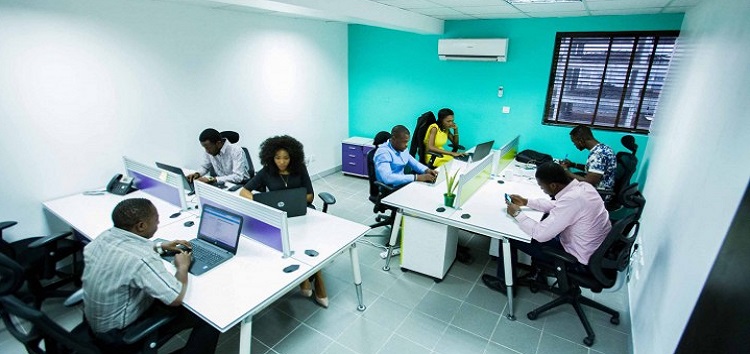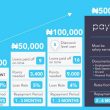Before the pandemic, many wouldn’t have forecasted this new future of work. However, the pandemic came and the world of work has dramatically changed right before our eyes.
From offices made up of cubicles to open workspaces and now remote working, the environment of work has changed in recent years.
New data from McKinsey, predicts that 20% of the global workforce could work from home three to five days a week.
People now work while sitting around kitchen tables, sharing spaces with partners and children.
This evolution, fueled by the introduction of new technology and tools, has adapted the modern office needs and working styles of employees.
To celebrate this year’s international workers’ day, we asked workers in different sectors just how work has changed for them. Below are some of our findings.


A new way to Work
Few things are now clear, there is no going back to the ‘old’ way of working. Dr Ijeoma Dorathy Ajaero, a Lecturer at UNN told Technext that before the pandemic, attending conferences and workshops in-person to present research papers and interact with experts and colleagues in her field both locally and internationally was the norm.
Few weeks ago, I was invited to a workshop in Ghana. The initial arrangement was to travel to Ghana but that was cancelled and the workshop was held online via zoom. So, a lot has changed as we now travel virtually.
Dr. Ijeoma Dorathy Ajaero, a Lecturer at University of Nigeria Nsukka (UNN)
However, since the pandemic, she now attends and chair conferences virtually using Zoom. She also added that the University also encouraged staff to give lectures virtually using zoom and Google meet, given the number of students and the issue of social distancing.


Similarly, Moyosore Aderinoye, a Data Analyst at Panoptic Insights expressed that work has changed a lot for him. “We are currently working remotely so internet data, time zone and not becoming lazy cause you’re at home has become a really big worry for me.”
Some are, however, more positive about the change of work. Ogunyale Kehinde, a Software Engineer at Chatdesk told this correspondent that he loves the flexibility of work with remote working.
“I have the flexibility to work wherever I can. I would say that there are some times I just feel like working in the middle of the night and do something else with my day and some times I just feel like working during the day.”
He added that productivity has skyrocketed because he can do tasks at a period when he is most efficient.
Dr. Ijeoma, on her part, revealed that she adopts a hybrid model at work. “I give lectures both in person and virtually using Zoom and Google Meets, she says.”
Similarly, Gbemi Oni, an Economic Analyst says she uses a Hybrid work schedule. She explained that before the pandemic, work was mostly confined to the office. But now with virtual tools, she can attend meetings, collaborate with colleagues and still get work done outside of the office.
Personally, the hybrid work schedule is the best for me as I am more productive at the office but can also get certain work done remotely.
Gbemi Oni, an Economic Analyst
However, she noted that remote work has changed “working hours” as working hours can extend to any time of the day. She explained that her company changed office hours from 7.30am to 4.30pm, to 9am to 3.30pm but many people still spend longer than that time at the office.
She’s not alone, Kehinde says he works within 8-4 pm remotely but he sometimes tends to overwork.


Adoption of digital technologies
Moyosore pointed out that he first started using Zoom for meetings but later moved to Google Meet. Similarly, Kehinde says Google Meet has been the main platform he uses for work.
However, Gbemi like Dr. Ijeoma says she uses both Teams and Zoom.
In terms of communications, Moyosore says his company mainly use Slack and Telegram, and also official mails. Gbemi says her company prefers WhatsApp but used Yammer before the pandemic.
Kehinde says he uses either Google Meet, Slack and WhatsApp
However, Dr Ijeoma highlighted that there have been challenges like network irregularities with adopting online platforms.
She noted that these challenges distort teaching. “The other day, some students complained that their network connection was bad and that was why they missed my lectures.” she commented.
In summary
Talking about the future of work, Dr. Ijeoma says she sees a future where a lot will be done virtually, shrinking the world into a global village where people become global citizens.
Moyosore, in his opinion, says he prefers a hybrid method, as home gets boring sometimes. However, he pointed out that full remote working is okay as long as you remember to take a stroll.
Gbemi agrees. According to her, the new norm is good for her. She explained that she doesn’t have to leave home too early to get to work and can join meetings from anywhere. This, according to her, gives flexibility.
She added that it gives her the opportunity to rest on days she does not go to work as commuting can be stressful. Kehinde also concluded that the changes to how he works have been generally a good experience.






